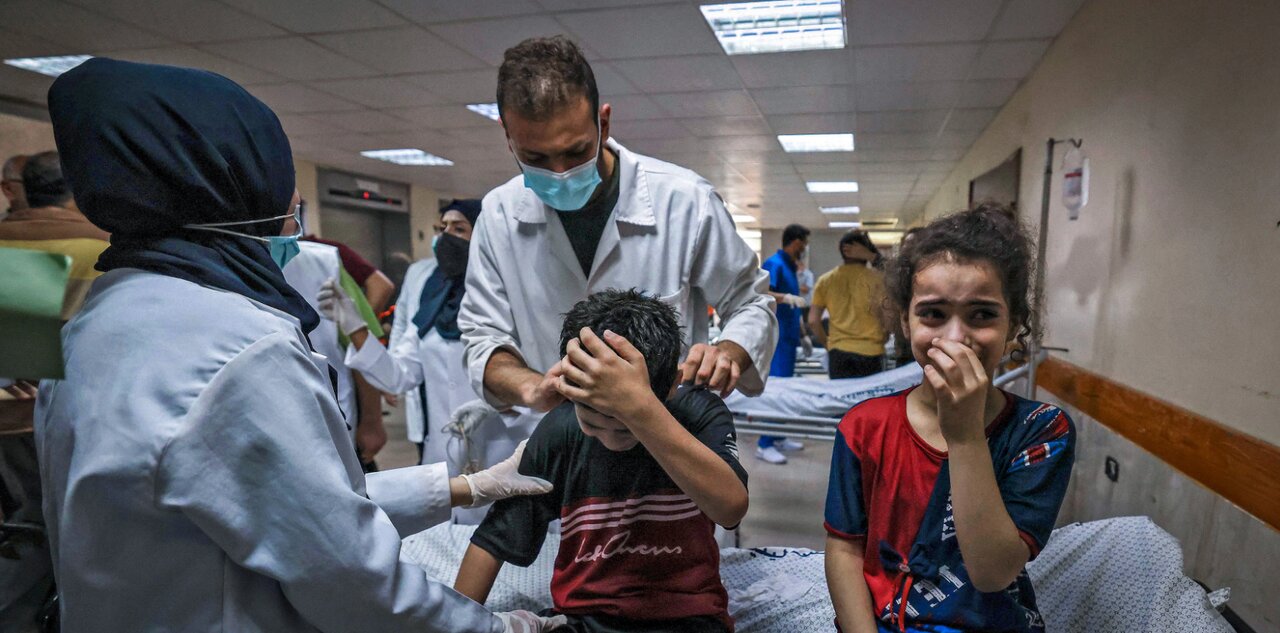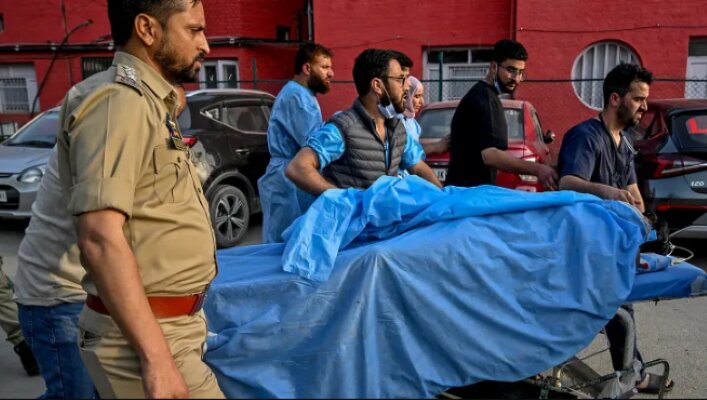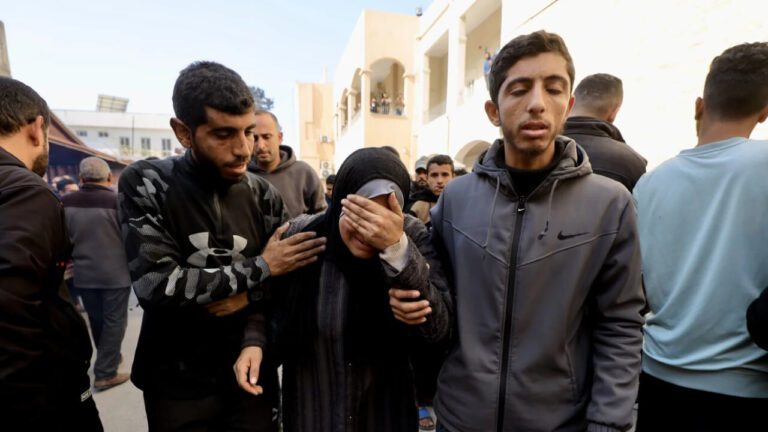Heartbreak in Gaza: The Tragic Toll of Civilian Lives in Overwhelmed Hospitals
Since October 2023, the Gaza Strip has been enduring an unprecedented and systematic assault on its healthcare infrastructure by Israeli forces. This extensive campaign has not only targeted hospitals, clinics, and ambulances, but also medical personnel, leading to a humanitarian crisis of immense proportions.
The ongoing offensive has critically weakened the already fragile health system in Gaza, pushing it to the brink of total collapse and triggering global condemnation.
Widespread Destruction of Medical Facilities
Between October 7, 2023, and May 20, 2025, Israeli airstrikes and ground operations have inflicted severe damage on Gaza’s healthcare system. According to the World Health Organization (WHO), there have been at least 686 attacks on healthcare-related sites during this period. Key points include:
- 122 health facilities targeted, including 33 hospitals.
- 180 ambulances rendered non-functional or operating at minimal capacity.
- A particularly devastating strike occurred on May 13, 2025, when Israeli airstrikes destroyed the Gaza European Hospital in Khan Yunis, leading to at least 28 fatalities and around 40 injuries.
- The hospital was treating displaced civilians in addition to its usual patients, exacerbating the scale of the disaster.
- On the same day, the Nasser Medical Complex was struck, resulting in the death of two individuals, including a journalist.
- In northern Gaza, the Indonesian Hospital ceased operations amid heavy bombardment, leaving approximately 30 patients and 15 staff trapped inside.
Other hospitals including Al Adwan, Al Shifa, and Al Awda have similarly suffered devastating attacks, further paralyzing emergency medical response capabilities.
Civilian Casualties and Medical Staff Losses
The human toll from these attacks has been catastrophic. The Gaza Health Ministry reports that since October 2023, at least 53,475 Palestinians have lost their lives, with more than 121,000 injured. Among the deceased are over 1,400 frontline health workers, including doctors, nurses, and volunteers trying to save lives amidst increasingly perilous conditions.
The strike on the European Hospital on May 13 left bodies scattered throughout the premises and overwhelmed medical teams. The destruction of hospitals has not only resulted in direct casualties but has also led to indirect fatalities, as many patients can no longer access life-saving care due to a lack of fuel, medical supplies, and operational facilities.
Israel’s Justifications and International Response
Israel has defended its actions by alleging that Hamas uses hospitals for military purposes, including weapon storage and command centers, stripping these facilities of their protected status under international law.
Israeli officials stated that the attack on the European Hospital aimed to eliminate Hamas leaders, who were believed to be hiding in underground bunkers. However, these claims have faced significant criticism.
Investigations by international journalists, human rights organizations, and observers have found no credible evidence supporting Israel’s assertions, indicating that the attacks may be both disproportionate and unlawful.
The Siege and Blockade
The ongoing Israeli blockade has severely restricted the entry of essential medical supplies, fuel, food, and humanitarian aid into Gaza, further deepening the healthcare crisis. Key points include:
- Since March 2, 2025, no humanitarian or commercial supplies have been allowed into Gaza, resulting in critical shortages.
- The United Nations Relief and Works Agency (UNRWA) reports that over 40% of essential medical supplies are out of stock, with more expected to run out soon.
- The blockade has obstructed medical evacuations and hindered humanitarian access to besieged hospitals.
The closure of the Indonesian Hospital exemplifies this dire situation, with Israeli forces preventing the movement of patients and staff. Other hospitals have faced bombings, arson, and encirclement, leaving thousands of sick and injured individuals without care and amplifying fears of a growing death toll from preventable causes.
Broader Legal Implications
The repeated destruction of Gaza’s healthcare infrastructure and the killing of civilians in hospitals have led to a grave humanitarian crisis. Both the International Committee of the Red Cross and the United Nations have condemned these attacks, calling for immediate cessation and accountability for violations.
According to the UN Office for the Coordination of Humanitarian Affairs (OCHA), there have been at least 842 incidents impacting UNRWA premises since October 2023, resulting in over 767 fatalities among individuals sheltering in these installations and 2,419 injuries.
The collapse of the health system threatens not only immediate survival but also the long-term well-being of Gaza’s population.
Personal Stories and Psychological Trauma
Behind Gaza’s staggering casualty figures lie heartbreaking personal stories of loss and trauma. Medical workers, such as a volunteer nurse at Al Awda Hospital, have been killed while caring for patients. Civilians, including children and the elderly, have been trapped in bombed hospitals without access to electricity, clean water, or essential medicines.
The director of the Indonesian Hospital described the facility as a “death trap,” surrounded by Israeli forces and cut off from assistance. At Al Shifa Hospital, airstrikes have claimed the lives of entire families seeking refuge, challenging the perception of hospitals as safe havens.
These individual tragedies highlight the immense psychological toll of the conflict and the collapse of Gaza’s healthcare system. Israeli attacks have transformed hospitals into battlegrounds, turning them into targets rather than sanctuaries.
The international community faces an urgent imperative to protect civilians, ensure access to medical care, and hold perpetrators accountable. Without immediate action, Gaza’s healthcare system risks total collapse, condemning millions to suffering and death in a conflict where hospitals, meant to be sanctuaries, have tragically become battlegrounds.






